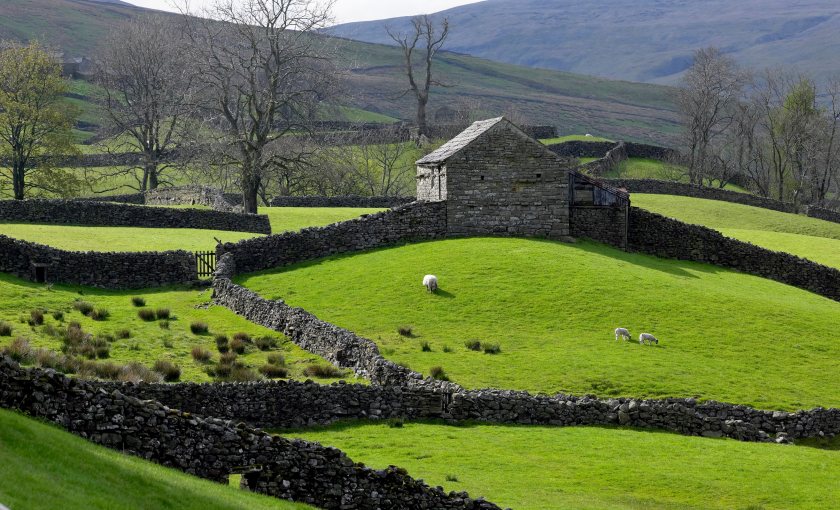Half of North Yorkshire farms no longer profitable, study finds

Farming in York and North Yorkshire is at a tipping point, with more than half of all farms failing to make a sustainable profit, according to a stark new report.
The current financial challenges facing the region’s 7,000 commercial farms are outlined, as well as future projections based on a range of scenarios.
Commissioned by David Skaith, Mayor of York and North Yorkshire and conducted by Strutt & Parker, it also offers key recommendations for improving the sector's financial resilience.
Currently, fewer than half of the area’s farms are financially sustainable, with many relying heavily on income from outside agriculture.
The report, unveiled at the Great Yorkshire Show, warns that ongoing changes to agricultural policy could exacerbate the situation, potentially reducing the number of profitable farms from around 50% to just 25% in a worst-case scenario.
The study urges the York and North Yorkshire Combined Authority to help farmers adapt to changing conditions and build long-term resilience.
Among its key recommendations are the promotion of best practice sharing, further devolution of food and farming programmes, and support for transitions to farming systems that are both profitable and environmentally sustainable.
Responding to the findings, Mr Skaith stressed the urgency of backing the sector during uncertain times, highlighting that “it is more important than ever to support the farmers who feed our nation - food security is a crucial part of our national security, but only half of our farmers make sustainable profits.”
He warned that the effects ripple far beyond the fields: “When our farmers stop making money, they aren’t the only ones who suffer. Our rural economy, from feed merchants and vets to local shops, schools and pubs, all struggle.”
Despite the stark figures, Mr Skaith struck a hopeful note, emphasising that targeted and collaborative support could turn things around.
“With the right support, designed with farmers, we can improve the financial outlook of farms,” he said, praising existing initiatives in the region — from sustainability schemes to locally led food projects — but insisted “we must do more.”
“My message is simple: farming matters. We’re backing our farmers – because when they thrive, so does the nation.”
The report also addresses the growing threat posed by extreme weather patterns and climate change.
Variations across farm types notwithstanding, recent weather patterns — including wet winters and dry summers — have severely impacted agricultural output.
The study estimates that if these climate trends persist, farm output could decline by as much as 20%, effectively erasing the region’s current annual profits of £387 million.








